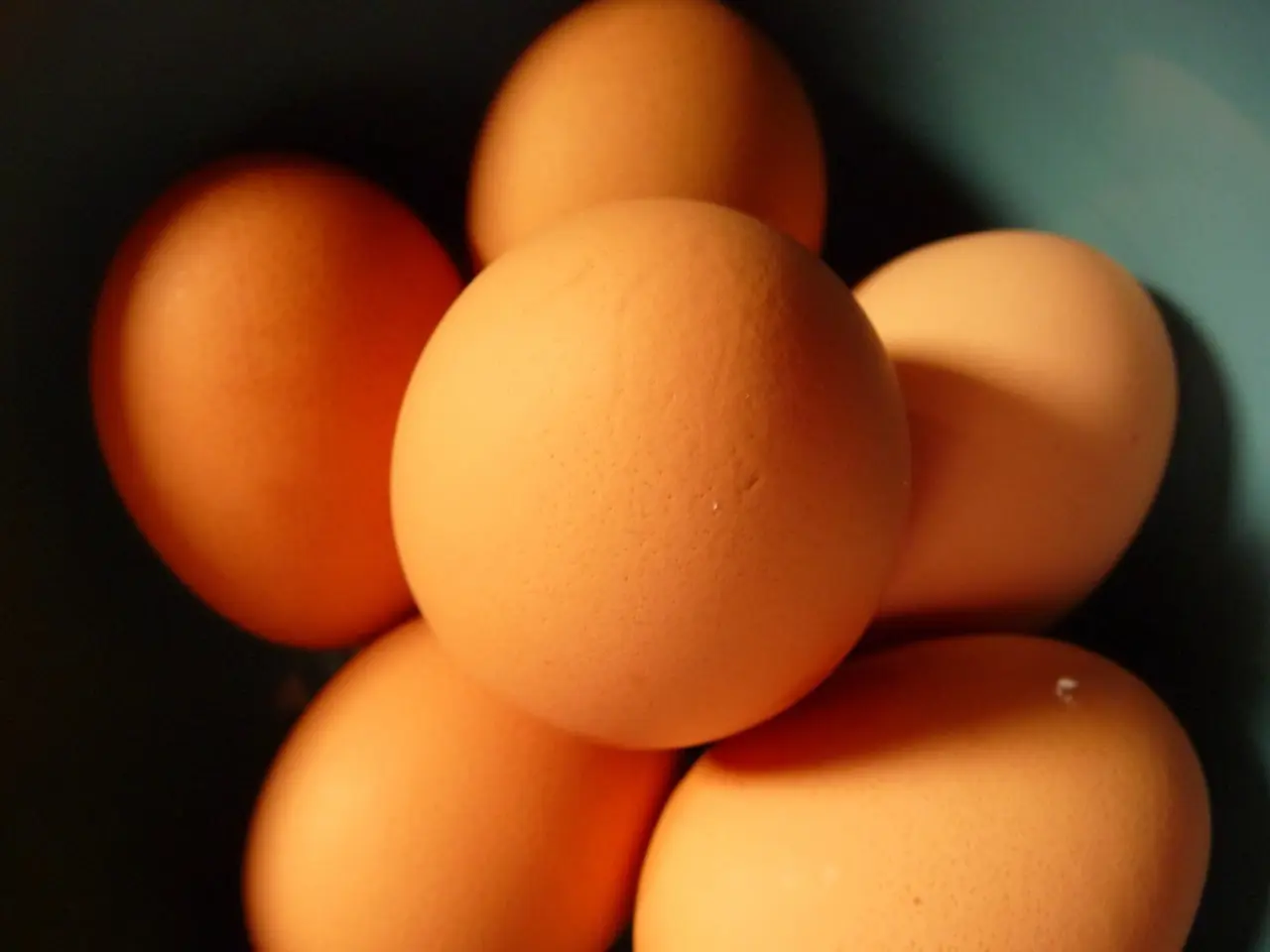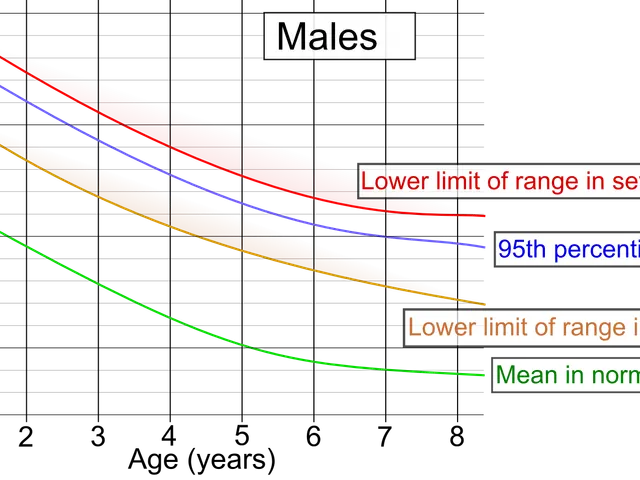Despite Stable Ban, More Animal Welfare in Organic Eggs - Avian Flu Outbreaks Won't Stop Free-Range Egg Sales, Consumers Can Still Support Local Farmers
Despite avian influenza outbreaks, consumers can continue to support local farmers adhering to better animal welfare standards by purchasing free-range eggs. While indoor housing mandates may be imposed, these do not revoke organic or free-range labels for eggs, and specific measures ensure the birds' well-being.
During avian flu outbreaks, indoor housing of poultry is mandated to prevent virus spread. However, eggs from free-range and organic farms can still be sold. The birds must be kept indoors or in enclosed areas with strict biosafety measures, such as disinfection and restricted access. Mobile enclosures like attached aviaries can be used if they prevent wild bird contact and meet animal welfare requirements for outdoor access. Poultry holdings must be registered with veterinary authorities, and health certificates may be required for poultry movements.
Organic hens kept indoors still receive organic feed and live in smaller flocks with natural daylight. Free-range hens indoors must have continuous access to roughage for enrichment. These rules aim to balance virus prevention with maintaining high animal welfare standards in egg production.
Although avian flu may lead to temporary indoor housing of free-range and organic hens, consumers can still support these farms by buying their eggs. The birds' well-being is ensured through specific measures, and the organic or free-range labels remain valid. By doing so, consumers contribute to better animal welfare standards in the long run.








